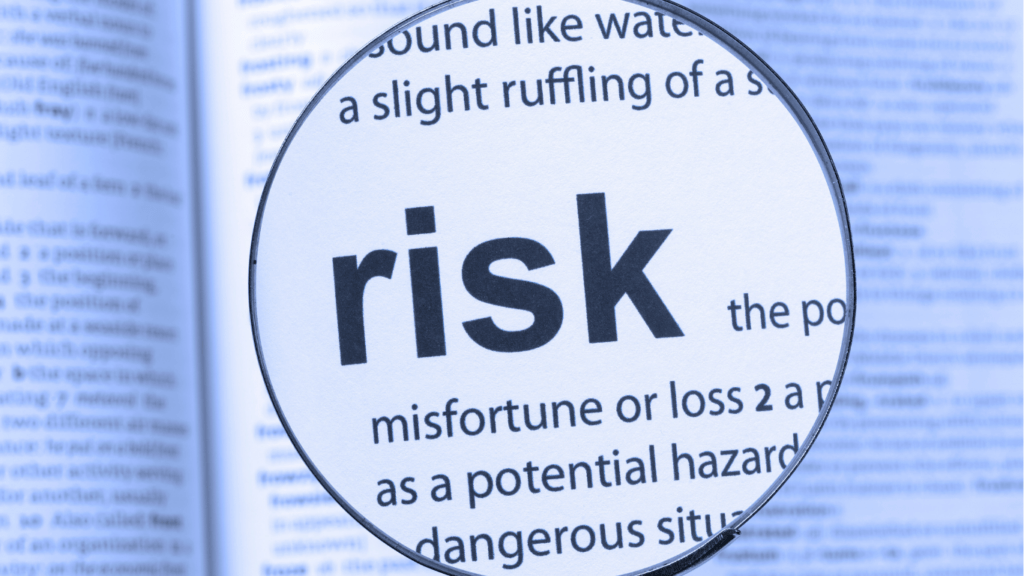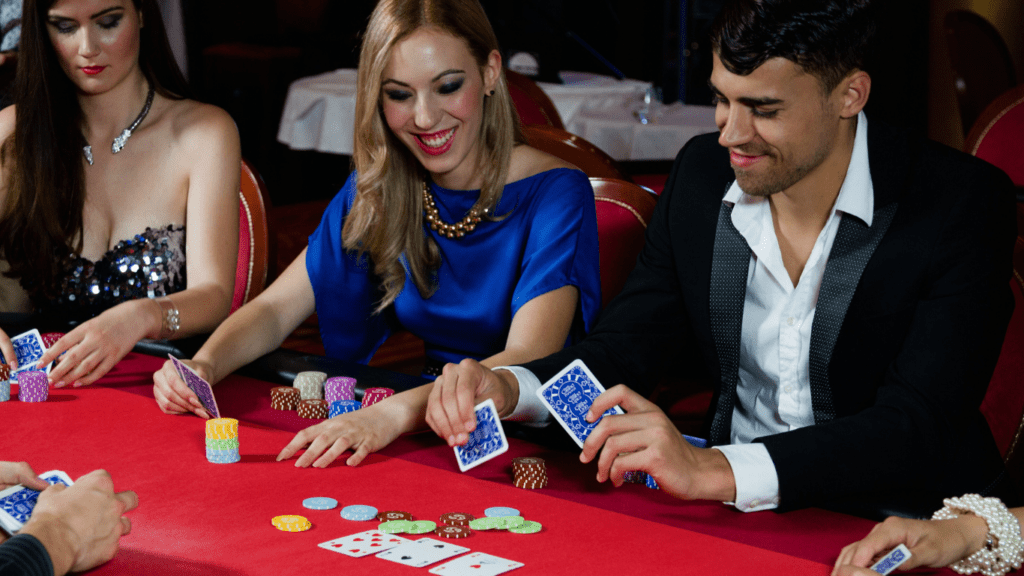Gambling has always fascinated me. There’s something captivating about the thrill of taking a chance and the anticipation of a big win. But beneath the surface lies a complex interplay of emotions, decision-making, and psychological triggers that keep people coming back for more. It’s not just about luck—it’s about understanding why we take risks and how rewards shape our behavior.
The Appeal Of Gambling
Gambling captivates individuals by combining risk, reward, and excitement. It offers a powerful blend of psychological and emotional stimuli that keeps players engaged.
The Role Of Risk And Reward
Risk and reward create the core appeal of gambling. Taking risks activates the brain’s reward system, releasing dopamine, which generates feelings of pleasure. The potential of winning, from small jackpots to life-changing sums, amplifies this attraction. For instance, slot machines and poker games provide varied reward structures, enticing players with both immediate and long-term gratification. This dynamic between risk and reward sustains interest and drives repeated participation.
The Impact Of Uncertainty And Excitement
Uncertainty heightens the thrill of gambling. Unpredictable outcomes, like the spin of a roulette wheel or the turn of a card, stimulate adrenaline, fostering excitement and anticipation. Games with randomized elements, such as lotteries or dice games, magnify this sense of uncertainty. Emotional highs experienced during near-misses further intensify the excitement, making the activity both exhilarating and addictive for many. This unpredictable nature compels players to chase the next moment of exhilaration.
Psychological Factors Behind Gambling Behavior
Gambling behaviors are heavily influenced by psychological mechanisms that shape:
- decision-making
- emotions
- thought processes
These factors often interplay, creating patterns that drive individuals to engage in and persist with gambling activities.
The Role Of Cognitive Biases
Cognitive biases affect how people perceive risks, rewards, and probabilities in gambling. Often, gamblers overestimate their chances of success due to biases like the illusion of control, where they believe they can influence random outcomes. Gambler’s fallacy, the expectation that past outcomes affect future results, also fuels persistent betting despite losses. These mental shortcuts distort logical decision-making, leading to continued gambling even when the odds are unfavorable.
Addiction And Compulsive Gambling
- Addiction develops when the brain’s reward system becomes overstimulated by gambling’s constant cycle of anticipation and reward.
- Regular gambling releases dopamine, creating pleasurable sensations and reinforcing behavioral patterns.
- Over time, tolerance builds, prompting gamblers to take greater risks or spend more money to achieve the same satisfaction.
- Compulsive gambling escalates when individuals prioritize gambling over responsibilities, driven by an inability to resist the urge despite negative consequences.
Emotional Influences On Decision-Making
Emotions significantly impact gambling decisions, as highs and lows drive irrational behaviors. Positive emotions, such as excitement or euphoria after a win, can lead to overconfidence and larger bets. Conversely, negative emotions like frustration or despair after losses often result in chasing losses, where individuals gamble impulsively to recover money. This emotional volatility fosters risky behaviors, amplifying both the psychological and financial stakes of gambling.
The Risks Associated With Gambling

Gambling involves significant risks, affecting financial stability, mental health, and personal relationships. Understanding these risks is essential to recognizing the broader consequences of gambling behavior.
Financial Consequences
Gambling can lead to severe financial losses for individuals who struggle to control their betting. Accumulating debts, like credit card balances or unpaid loans, can create long-term monetary challenges. Many gamblers exhaust savings or sell valuable possessions to fund their habits, compounding financial stress. Bankruptcy filings often increase in cases linked to problem gambling, highlighting the gravity of these risks.
Mental Health Implications
Frequent gambling often results in mental health challenges like anxiety and depression. Losing money regularly can provoke feelings of guilt and worthlessness, damaging self-esteem. Prolonged exposure to stress in gambling environments exacerbates mental health issues, increasing risks of addiction. For some, this cyclical pattern of gambling and despair correlates with suicidal ideation, especially during significant financial hardships.
Social Impact On Relationships
Relationships deteriorate when gambling behaviors disrupt family dynamics. Trust erodes when individuals conceal losses or lie about their activities. Conflicts over money, time spent gambling, and broken promises can alienate partners, friends, or loved ones. In extreme cases, emotional distance and betrayal contribute to separations or divorce, leaving lasting relational scars.
Potential Rewards Of Gambling
Gambling offers rewards beyond just monetary gains, appealing to various psychological and emotional factors. Understanding these rewards helps outline why gambling can be engaging despite its risks.
Entertainment And Enjoyment
Gambling creates an environment of excitement and fun, making it a popular leisure activity. Casinos and online platforms craft immersive experiences with vibrant visuals, engaging soundtracks, and thematic settings. Many players gamble simply for the thrill of participating, even when stakes are low. Social gambling, such as poker nights or betting on sports games, enhances enjoyment by fostering camaraderie among friends or groups.
Skill-Based Games And Strategy
Skill-based games like poker, blackjack, and sports betting provide opportunities to combine knowledge, strategy, and decision-making. These games reward players for strategic thinking and understanding game mechanics rather than relying solely on luck. For instance, skilled poker players use mathematical probabilities, observation, and psychology to outmaneuver opponents over time. The sense of accomplishment from mastering a game adds to the reward.
Personal Growth And Resilience
Gambling occasionally builds personal traits like persistence and adaptability. Players often face losses and challenges, requiring them to manage emotions and refine strategies. Developing self-discipline to set limits and take calculated risks can enhance decision-making skills. In instances where the focus remains on responsible gaming, individuals may strengthen resilience and improve emotional regulation through their experiences.
Strategies To Promote Responsible Gambling
Promoting responsible gambling helps minimize risks and ensures a healthier approach to gaming. These strategies focus on maintaining control and addressing issues early for sustainable gambling habits.
Setting Limits And Practicing Self-Control
Establishing limits is essential to managing gambling behavior effectively. I always recommend pre-setting time and monetary budgets before engaging in any gambling activity. For example, decide on a maximum dollar amount to spend or a specific playing duration to avoid exceeding comfortable thresholds. Sticking to these boundaries reduces impulsive decisions, which gambling environments often encourage.
Developing self-control is equally critical. Taking breaks during gambling sessions ensures emotions don’t cloud judgment. I find that stepping away after wins or losses helps maintain perspective, preventing overconfidence or frustration-driven chasing of losses.
Recognizing Problematic Behavior
Identifying early signs of problematic behavior minimizes long-term harm. Indicators like hiding gambling activities, borrowing money to gamble, or neglecting responsibilities serve as red flags. If I notice someone spending excessive amounts of time on gambling or experiencing mood swings tied to it, it’s an indicator that gambling may be taking an unhealthy hold.
Self-awareness is key to recognizing personal patterns. Tracking gambling activities, such as wins, losses, and durations through detailed logs, often highlights trends that suggest potential issues. This can be actionable for making adjustments before habits worsen.
Seeking Professional Help
Accessing professional support offers valuable interventions for compulsive gambling. Therapists specializing in addiction, like certified gambling counselors, address triggers and develop tailored strategies to regain control. If gambling dominates someone’s life, counseling provides structured pathways to recovery.
Support groups, including Gamblers Anonymous, offer community-based assistance. Sharing experiences with others facing similar challenges creates a sense of accountability. Online resources also connect individuals to hotlines and treatment programs, offering immediate help when situations feel overwhelming.



 Mark Buxtononics is the Senior Betting Analyst at Gamble Time Hub, bringing sharp analytical skills and a deep understanding of betting markets to the forefront. Specializing in data-driven insights and predictive analysis, Mark delivers in-depth evaluations of sports betting trends, odds movements, and strategic plays. His work helps readers make smarter, more informed decisions across a variety of betting platforms. With a commitment to clarity and accuracy, Mark plays a key role in establishing Gamble Time Hub as a reliable source for expert betting knowledge.
Mark Buxtononics is the Senior Betting Analyst at Gamble Time Hub, bringing sharp analytical skills and a deep understanding of betting markets to the forefront. Specializing in data-driven insights and predictive analysis, Mark delivers in-depth evaluations of sports betting trends, odds movements, and strategic plays. His work helps readers make smarter, more informed decisions across a variety of betting platforms. With a commitment to clarity and accuracy, Mark plays a key role in establishing Gamble Time Hub as a reliable source for expert betting knowledge.

